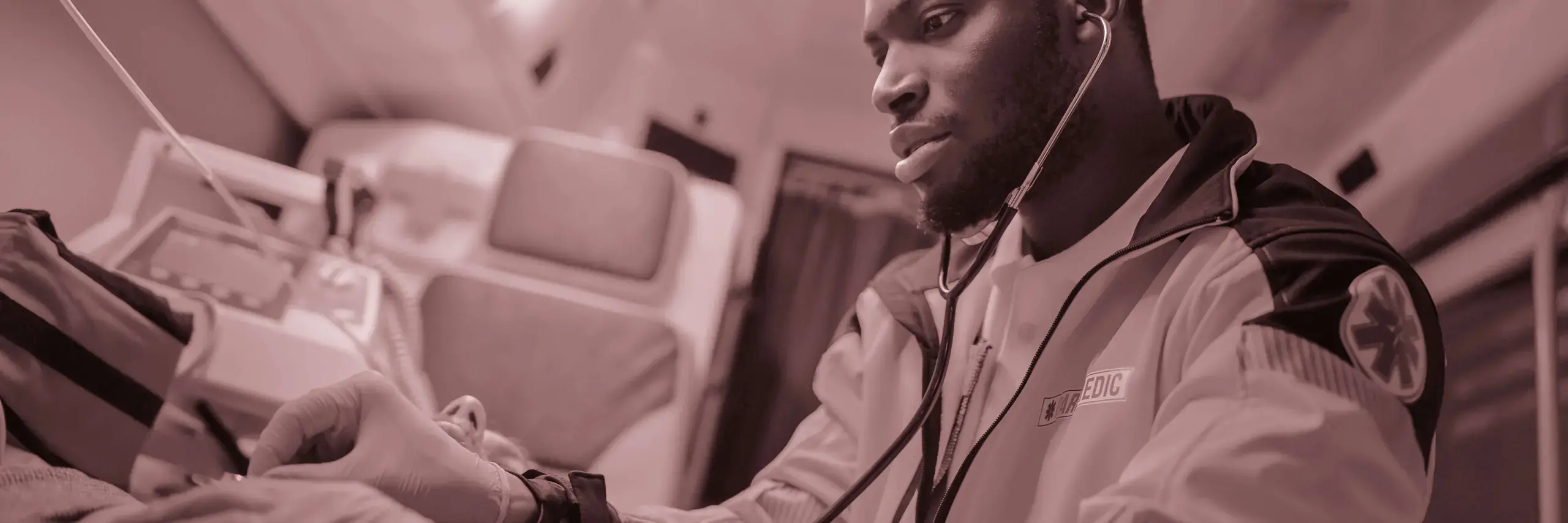Main content
Report on Social Work England’s ‘accepted outcomes’ process
02 Jun 2021
The Professional Standards Authority for Health and Social Care has today published its report on the first year of Social Work England’s (SWE) use of ‘accepted outcomes’ as a part of its fitness to practise processes.
Under the ‘accepted outcomes’ process, SWE’s Case Examiners can propose an outcome to deal with a regulatory concern if they consider that the facts are likely to be proved and that the social worker’s fitness to practise is likely to be found impaired. If the social worker accepts the proposal, the matter will not have to be considered by a panel. This has considerable advantages in terms of speed and cost. The Government is proposing to extend this process to all the health and social care regulators as part of its reform programme.
The Authority reviewed all the cases in the first year. We found that the system worked very well for a number of simple cases, particularly those involving concerns about the social worker’s health. We also found that SWE was very receptive to our comments and acted constructively to address them.
We found, however, that there were some cases which were not suitable for this process: particularly where it appears that the registrant may not accept all the facts or may show limited insight into them. We were concerned that, in those cases, the Case Examiners might have offered an outcome that was not sufficient to protect the public.
We also found cases where it appeared to us that the social worker might have accepted an outcome that was unduly harsh in order to end the stress of the process.
While we consider that the process is useful and suitable for particular cases, work needs to be done to address the concerns that we have identified.
Read the full report or a summary of our findings.
ENDS
Professional Standards Authority for Health and Social Care
Email: media@professionalstandards.org.uk
Notes to the Editor
- The Professional Standards Authority for Health and Social Care oversees 10 statutory bodies that regulate health and social care professionals in the UK (General Medical Council, Nursing and Midwifery Council, General Dental Council, General Pharmaceutical Council, General Optical Council, General Osteopathic Council, General Chiropractic Council, Health and Care Professions Council, Pharmaceutical Society of Northern Ireland and Social Work England).
- We assess their performance and report to Parliament. We also conduct audits and investigations and can appeal fitness to practise cases to the courts if we consider that sanctions are insufficient to protect the public and it is in the public interest.
- We also set standards for organisations holding voluntary registers for health and social care occupations and accredit those that meet them.
- We share good practice and knowledge, conduct research and introduce new ideas to our sector. We monitor policy developments in the UK and internationally and provide advice on issues relating to professional standards in health and social care.
- We do this to promote the health, safety and wellbeing of users of health and social care services and the public. We are an independent body, accountable to the UK Parliament.
- Our values are – integrity, transparency, respect, fairness and teamwork – and we strive to ensure that they are at the core of our work.
- More information about our work and the approach we take is available at www.professionalstandards.org.uk


